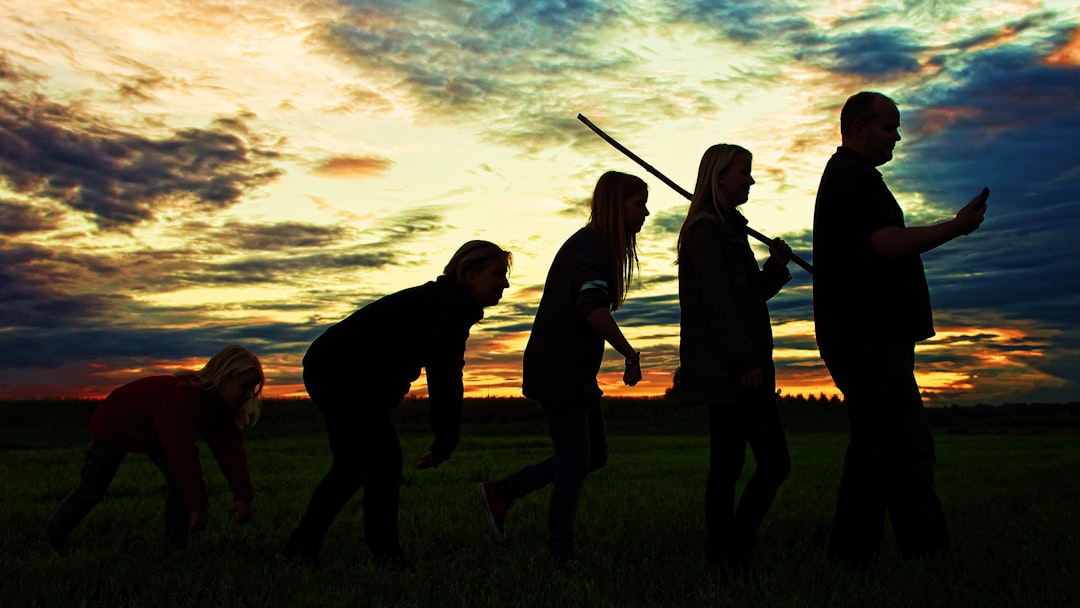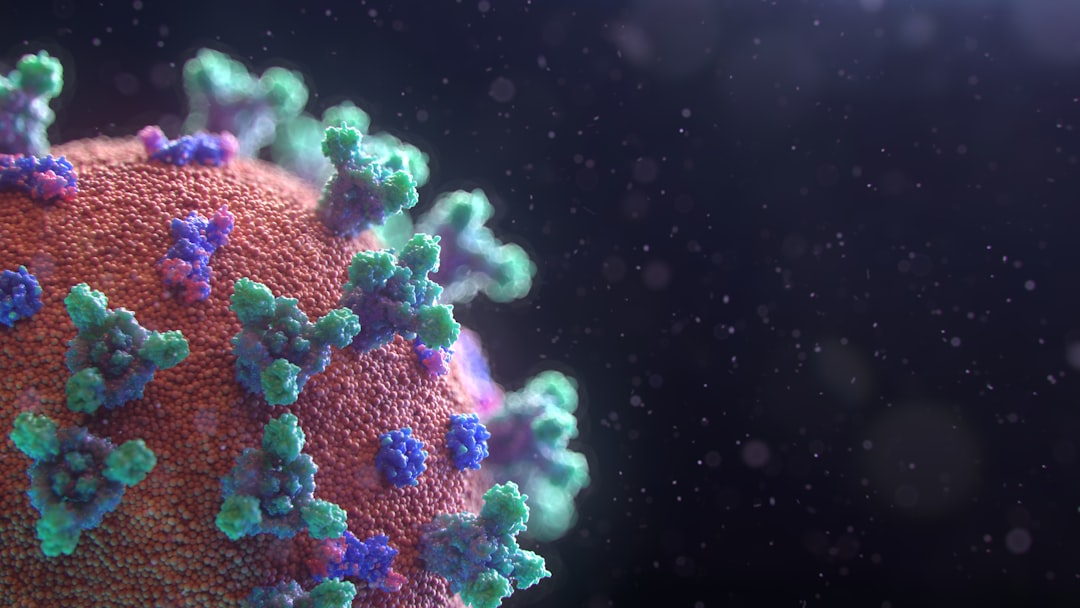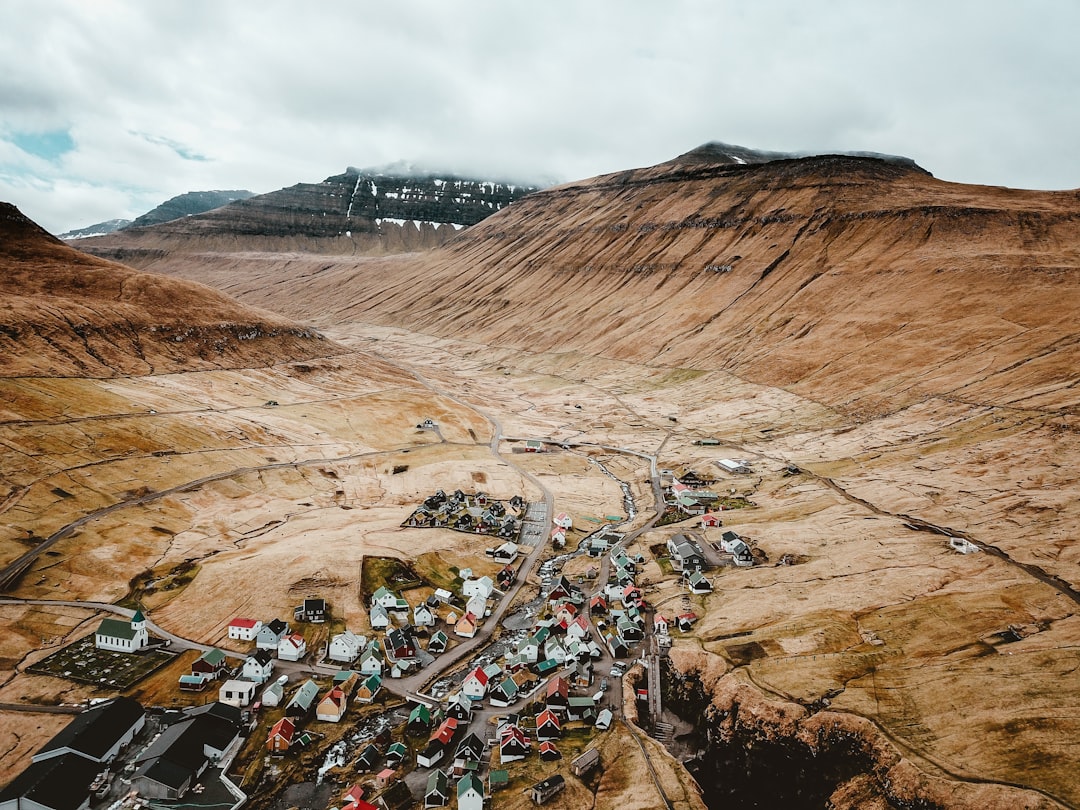What is it about?
This article explains the crystallisation of a new Russian national discourse, shaped by a challenge posed to Putin's statist non-ethnic national model by a popularly formed ethno-cultural alternative, constructed through negation of the ‘Muslim other’. The article describes this new and previously overlooked phenomenon of Russian nationalism and explicates the social mechanism behind its formation. The article concludes that when rampant corruption exists, generating a breakdown of legal order, the ‘other’ is defined through behaviour that deviates from accepted local norms, while the contrasting normative ‘general public’ is defined as ‘Russian’. Such group definitions mean that the current process of Russian grass-roots exclusive national consolidation is based predominantly on culturally based behavioural codes, rather than on mere ethnic or religious affiliation, as is widely believed. Additionally, a conceptual landmark discourse shift from the question of Russia's mere plausibility as a nation-state to a focus on its ongoing definition is demonstrated.
Featured Image
Why is it important?
The article describes new and previously overlooked phenomenon of Russian popular national identity formation that contradicts Putin's intentions and policies, and explains the social mechanism behind its formation. The article shows the current process of Russian grass-roots exclusive national consolidation is based predominantly on culturally based behavioral codes, rather than on mere ethnic or religious affiliation, as is widely believed. Additionally, a conceptual landmark discourse shift from the question of Russia's mere plausibility as a nation-state to a focus on its ongoing definition is demonstrated.
Read the Original
This page is a summary of: Contesting Putin's nation-building: the ‘Muslim other’ and the challenge of the Russian ethno-cultural alternative, Nations and Nationalism, September 2014, Wiley,
DOI: 10.1111/nana.12078.
You can read the full text:
Contributors
The following have contributed to this page










